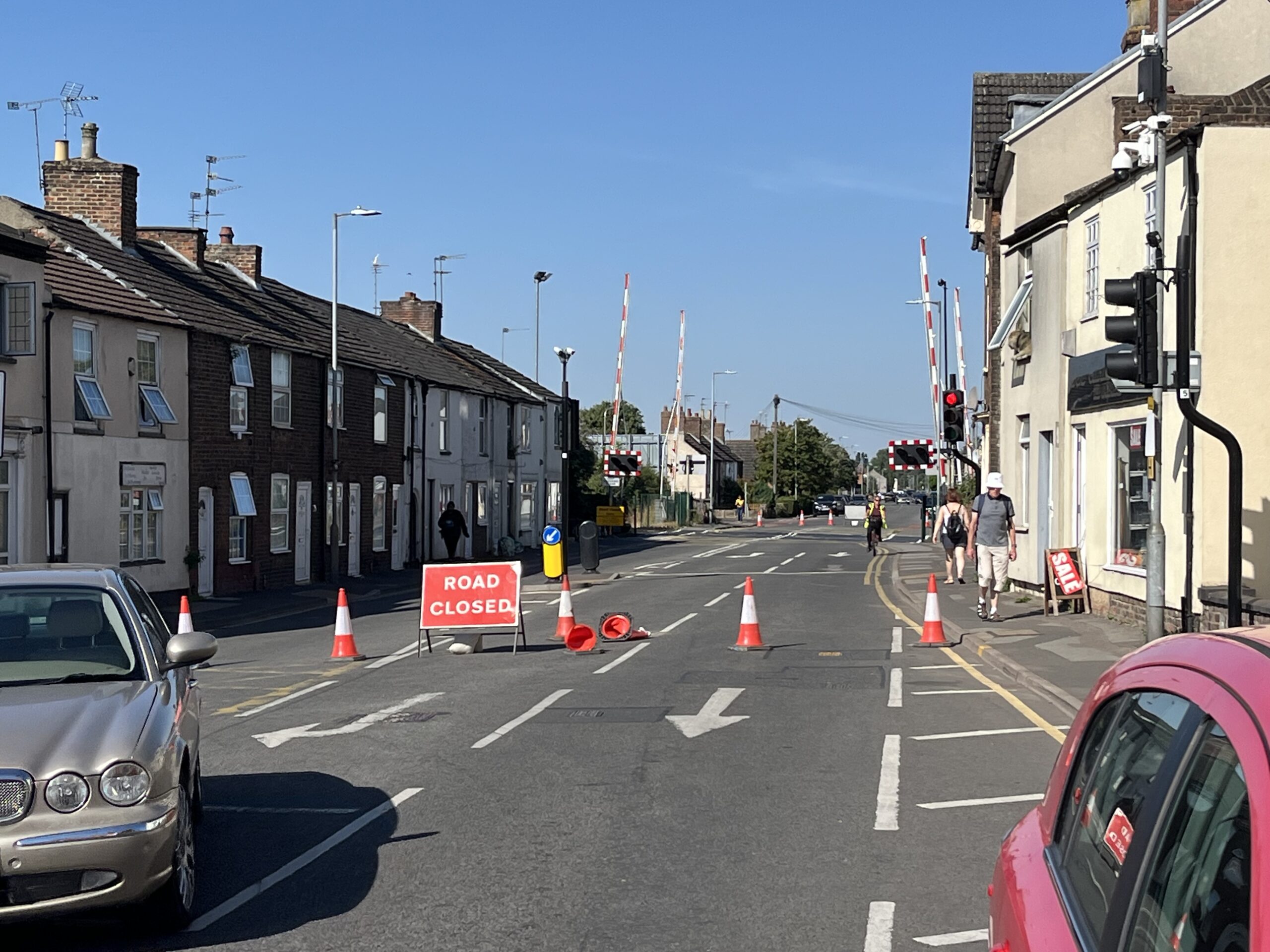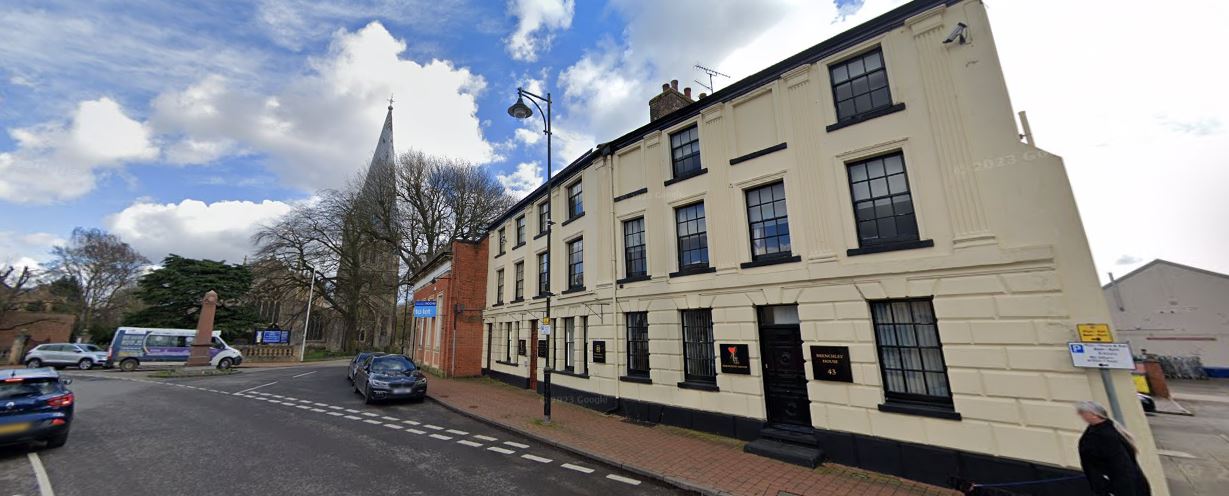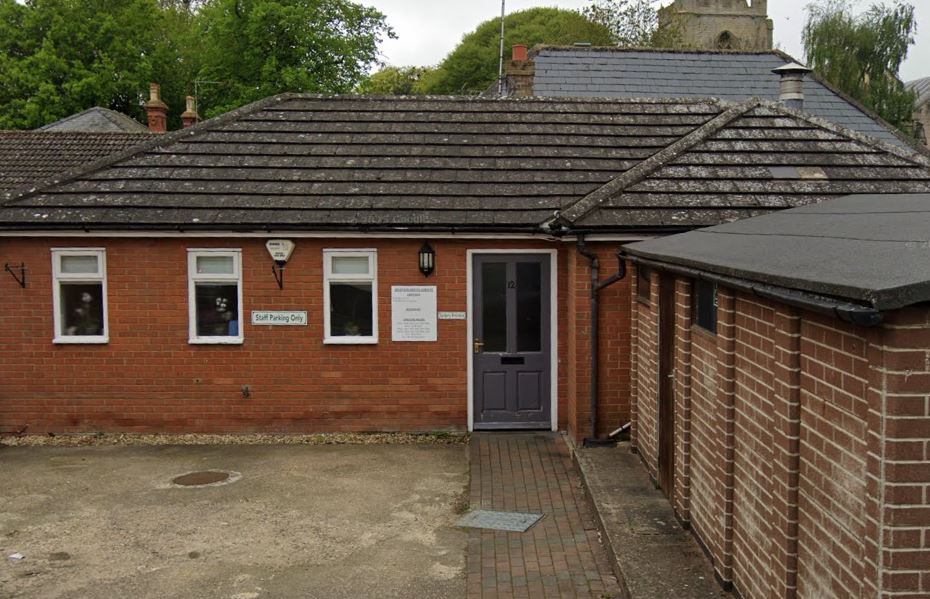Dirty ambulances and low staff morale were reported by inspectors looking at a service contracted in South Holland.
The Thames Ambulance Service staff had no access to running water in Spalding and inspectors found dirty vehicles when they checked the site in October.
The Care Quality Commission (CQC) report was discussed by county councillors at a meeting this week.
Members of the Health Scrutiny Committee heard that the CQC visited the Spalding, Lincoln and Grimsby sites of the service and the report was published last week – and it was inadequate in all areas except ‘caring.’
The company, which took over the non-emergency service in 2017, is national and has been signed by the Lincolnshire West Clinical Commissioning Group on behalf of the county.
But it has been dogged with complaints and missed targets and the previous county scrutiny committee heard of a programme of changes to improve.
The company moved a control room to a new site and has been recruiting new staff. There was also a full fleet review and two trainers were appointed to teach staff how to use an online system.
In the meantime there has been the CQC report which highlighted the dirty ambulances and low staff morale in its report.
“In January, there has been an improvement in service provision,” the committee was told on Wednesday.
The damning CQC report was taken into consideration by members of the committee when they discussed the service as a whole.
“We found infection control issues at the ambulance stations we visited, this included staff not having access to running water at the Spalding location and staff were unable to clean vehicles, and records of deep cleaning were unavailable,” said a report summary presented to the committee.
“Staff we spoke to said they had not completed safeguarding or mandatory training and station managers told us they had no access to training data,” said the CQC.
“Ambulance staff told us they had not received appraisals or supervision,” it added.
Limited team meetings, ‘fractious’ relationships within the service and staff often not getting breaks due to workloads were also highlighted.
Members of the scrutiny committee were asked to “consider this report and hold to account Thames Ambulance Service Limited through political influence ensuring essential improvements in the quality of the services provided to patients are continued to be delivered.”
Figures for January show the service was still missing targets, but had improved.
“TASL continues to drive improvements through the quality improvement plan and the operational improvement plan. There is still much work to do, whilst we have moved on positively over the last 10 months,” but it knew it was under pressure.
“We will continue to work with TASL to ensure they urgently implement further improvements needed to provide safe and reliable services,” said a statement from the WNCCG.







